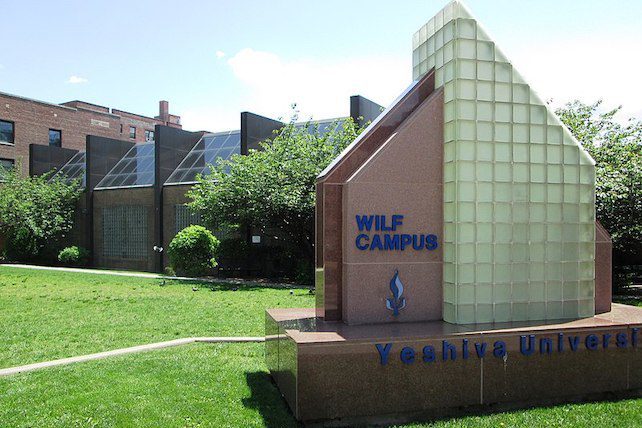WASHINGTON (BP) – The U.S. Supreme Court has denied – at least for now – a request by the country’s oldest Jewish university that the justices block enforcement of a judicial requirement it must grant recognition to a gay and transgender student group.
In a 5-4 order Wednesday (Sept. 14), the high court rejected Yeshiva University’s emergency application for a stay while it appeals a New York court’s decision that the school must officially recognize YU Pride Alliance. The justices said the denial was based on the university’s failure to seek relief from the mandate that may be available in state courts. If Yeshiva receives “neither expedited review nor interim relief” from courts in New York, it may return to the Supreme Court, according to the order.
In their order, the justices vacated Associate Justice Sonia Sotomayor’s Sept. 9 stay of the lower-court order against Yeshiva.
Becket, a religious liberty organization that is representing Yeshiva in the case, said it would comply with the order. “We will follow the Court’s instruction,” said Eric Baxter, vice president and senior counsel at Becket, in a written statement.
The five-member majority in the high court’s order consisted of Chief Justice John Roberts and associate justices Sotomayor, Elena Kagan, Brett Kavanaugh and Ketanji Brown Jackson. Associate Justice Samuel Alito filed a dissent in which associate justices Clarence Thomas, Neil Gorsuch and Amy Coney Barrett joined.
Brent Leatherwood, president of the Southern Baptist Ethics & Religious Liberty Commission (ERLC), told Baptist Press, “While I understand the procedural nature of the court’s rationale, it is unacceptable that this institution may be forced to violate its deeply held beliefs about gender and sexuality.
“New York state courts should move quickly to ensure that the religious freedom of Yeshiva is protected because, as Justice Alito wrote in the dissent, considered on the merits, this is not a close call and Yeshiva should prevail,” he said in written comments.
The ERLC joined nine other religious organizations in a Sept. 2 friend-of-the-court brief that asked the Supreme Court to block the state court order and protect Yeshiva’s right to act according to its beliefs.
In its order, the Supreme Court said Yeshiva has at least two other routes it can take in New York courts to gain a stay of the judicial order requiring recognition of YU Pride Alliance. The school may ask state courts “to expedite consideration of the merits of their appeals,” the justices said. It also may file a motion with the Appellate Division for permission to appeal to the New York Court of Appeals the denial of stay in the lower court and seek expedited consideration of the motion, according to the order.
The Supreme Court of New York County issued a permanent injunction June 14 against Yeshiva and ordered the school to grant the complete privileges to YU Pride Alliance that it offers to other student organizations. The court ruled Yeshiva is not a religious corporation under state law. On Aug. 23, the New York Supreme Court, Appellate Division, denied Yeshiva’s request that it block enforcement of the lower court’s order.

